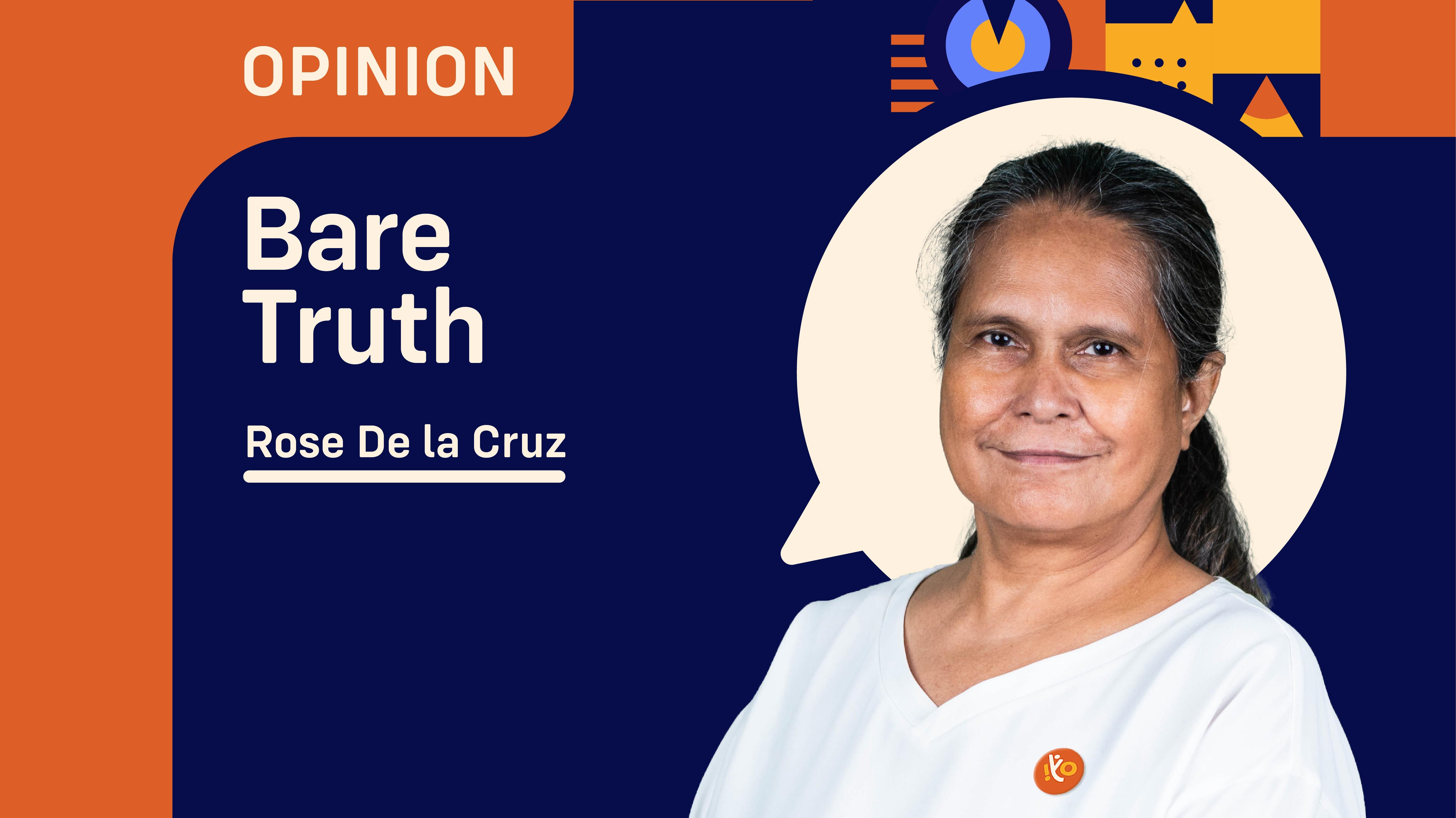LAST January 14, I came across an article by Bloomberg which said that some people with Covid were able to transmit the virus to others after the 10-day mark, at least in the early days of the pandemic, a new study of the University of Exeter in UK showed.
The study used an adapted test that can detect whether the virus remains active in those with previously confirmed infections. It found that 13 percent of 176 people studied had levels high enough to be potentially infectious even after 10 days.
This evidence comes as many countries, including England, are cutting isolation times for those who test positive to as little as five days to help relieve workplace staff shortages that have been fueled by the spread of the omicron variant.
“This current study reinforces concerns that reducing the self-isolation period to five days will increase the risk of highly infectious people spreading infection as they return to work or school,” said Lawrence Young, virologist and professor of molecular oncology at the University of Warwick.
The study used samples from 2020, when the original virus strain was still dominant, so it’s not clear how relevant the results are amid the spread of the delta and omicron variants, given different infectious and incubation periods.
How much of a risk someone poses to others depends on factors including the viral load being shed, the symptoms of the patient and levels of immunity in potential contacts, said Paul Hunter, professor in medicine at the University of East Anglia.
Segue to the Philippines
Coincidentally, on January 14, the Department of Health announced it had shortened to five days (instead of 7) the isolation period for the fully vaccinated Filipinos who got Covid citing that added protection afforded by the vaccines and the need to minimize disruption of essential services even as the Omicron variant continued to drive record
In the updated guidelines, fully vaccinated individuals who are asymptomatic and close contacts of a probable or confirmed case should quarantine for five days instead of the previous seven.
Isolation periods for fully vaccinated asymptomatic individuals, along with those who have mild cases of the virus, are likewise slashed to seven days instead of 10 days.
In the case of mild cases, seven days would start from the onset of symptoms, while asymptomatic individuals should begin their count from when they tested positive.
Health Undersecretary Maria Rosario Vergeire said “according to our experts, the benefits of shortening quarantine [for the fully vaccinated] outweigh risks in light of the Omicron variant. Updating our quarantine and isolation protocols are also consistent with global practices,” she said in Filipino.
Vergeire said the recommendation was based on updated evidence, which included a recent study done by Japan’s National Institute of Infectious Diseases showing that viral load from Omicron among vaccinated individuals was highest at three to six days after diagnosis or the onset of symptoms.
This was in addition to experts’ review of evidence in 2021 that showed vaccinated “individuals had lower chances of spreading the virus within their households and close contacts.”
Owing to the same findings, health officials decided to retain current quarantine and isolation times for Filipinos who are either partially vaccinated or have yet to receive a single dose.
Data from Japan presented by the DOH showed that high viral loads may still be present seven to nine days after the onset of symptoms. “Samples were then observed to have a marked decrease after 10 days since diagnosis or symptoms onset,” Vergeire said.
Infectious disease specialist Dr. Edsel Salvana explained that data supported changes for the fully vaccinated since COVID-19 shots provided an added layer of protection against the amount of virus a person may be spreading, should some people be infected with the Delta variant instead of Omicron.
“If you’re fully vaccinated, we already made this stipulation that it’s an extra layer in terms of decreasing the amount of virus that you’re shedding…. We’re only doing the shortened quarantine and isolation for the fully vaccinated so we have an extra layer,” Salvaña said.
My take
My kids—all three of them—tested positive (in separate tests) early January and so all of us in the family (including my 5- year- old grandson who also got sick) opted to quarantine at home dutifully until now because we do not want to spread the virus. Mind you, we are all fully vaccinated.
Yet, even after 14 days we (especially me) have persistent dry cough and runny nose which I think could still be transmissible to others, so I do not believe that being protected by our vaccines it is safe for us to venture outside.
This same shortened quarantine rule is dangerous to apply to medical front liners who are in close contact in hospital settings to patients, their families and others, so why insist on shortening the quarantine period.
